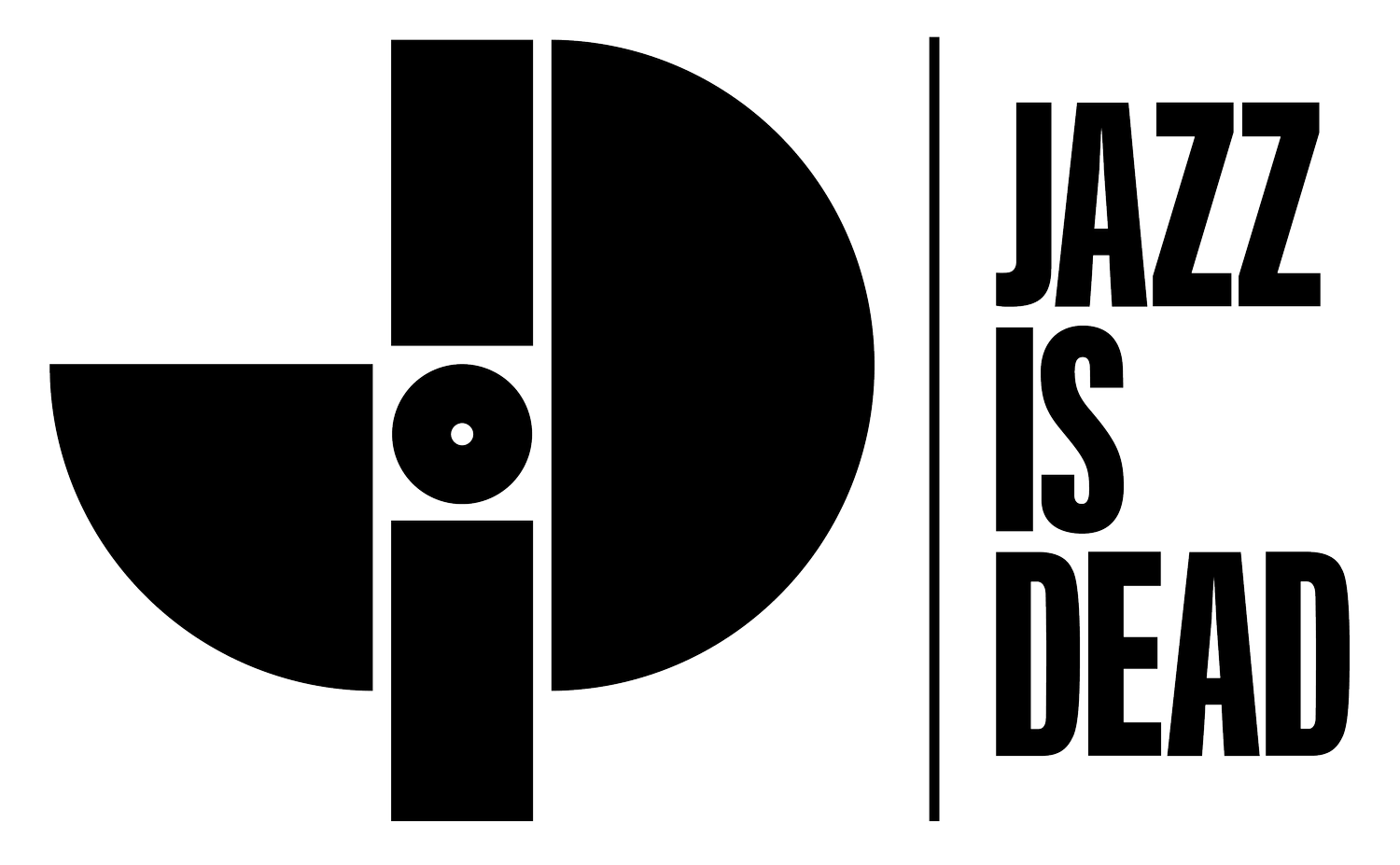O Terno's presents fourth album arrives three years after 'Melhor do Que Parece' and is the first to feature guest appearances in its tracks. At a time when albums are sliced single by single in multiple releases, O Terno releases a unique work in thematic unit that needs to be perceived from various perspectives. “<atrás data-preserve-html-node="true"/além>” is a work to be listened to carefully, read as a book, watched as a movie and looked at as a painting.
As much as a release, this text serves to put into words the artistic dimension that the group from São Paulo reached in their fourth album, with more refined and grandiose orchestral arrangements than in previous works, reaching a music that runs everywhere. That is, it surpasses expected and known boundaries, be it jazz, indie, MPB, classical music or rock.
Thus, the sound becomes universal, within the full spectrum of pop's possibilities, with production, arrangement, mixing and, of course, composition under the signature of Tim Bernardes.
Let's start with the sound. While the first album, "66" (2012), showed a lot of O Terno dressed in sixties' pantsuits, the second one - "O Terno" (2014) - traced a more psychedelic curve - and the following work, "Melhor do Que Parece” (from 2016), touched Tropicalismo and MPB. In “<atrás data-preserve-html-node="true"/além>" orchestration, refined arrangements, brass and strings often make the trio sound more like a support group than a protagonist. Music itself 'speaks louder’ than Tim Bernardes' guitar and vocals, Guilherme d'Almeida's bass and / or Biel Basile's drums.
"It's an attempt to expand and not get stuck with a formula. Something like the ’n’ in the equation“, says Tim. The concept of openness and creative freedom begins with the cover, with a touch of concrete poetry in the geometric aspect linked to art, the conceptual white creating a boundless horizon and the three spheres in primary colors representing three paths that unite - their sum solving the equation.
The division of the band's name in three reinforces the concept, in which “O”(’the’) symbolizes the individual, the subject; “Ter” (‘have’) refers to the 'baggage' you carry, and “No”(in) to the situation: where you are, where to go and where you came from.
"It brings this character of assimilated references - and not premeditation - to the making (of the album)," suggests the singer and songwriter.

